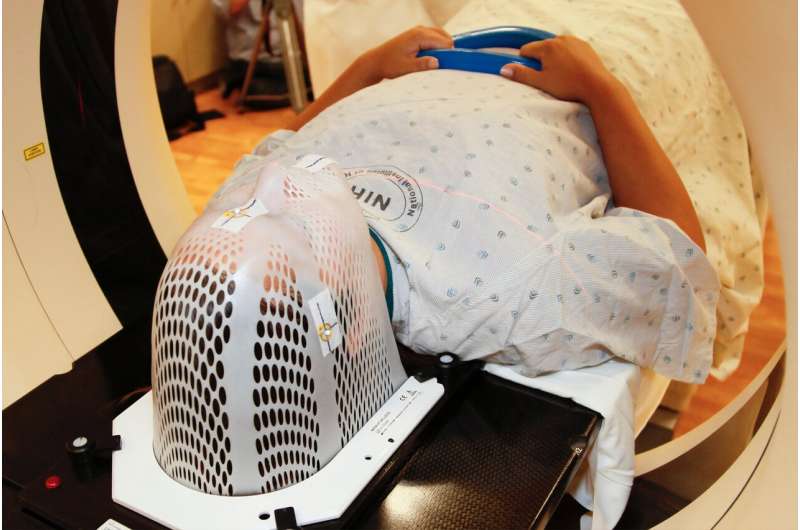Androgen suppression with dose-escalated radiotherapy does not improve overall survival

In the NRG Oncology clinical trial NRG-RTOG 0815 comparing dose escalated radiotherapy (RT) in combination with short-term androgen suppression (ADT) to dose escalated RT alone for intermediate-risk prostate cancer patients, the addition of ADT did not improve overall survival results as hypothesized by researchers. These results were presented during the Plenary Session of the American Society for Radiation Oncology's (ASTRO) Annual Meeting in October 2021.
"While we did not demonstrate an overall survival benefit for the addition of androgen suppression to dose-escalated radiotherapy, the findings that the addition of ADT did reduce rates of biochemical failure and distant metastases highlight a crucial need for future studies, especially in the areas of advanced imaging and biomarker identification, that can optimally identify subsets of intermediate risk prostate cancer patients that are most likely to benefit from this intervention," stated Daniel J. Krauss, MD, of William Beaumont Hospital and the Lead Author of the NRG-RTOG 0815 abstract. "The next generation of prostate cancer radiotherapy studies are, in fact, designed to incorporate molecular biomarker characterization directly into the protocol randomization structure, a critical step that will maximize the chances of accurately identifying patients who will benefit from treatment intensification."
The Phase III NRG-RTOG 0815 trial accrued and randomized 1,538 patients, of which 1,492 were eligible, with 750 patients assigned to treatment with dose-escalated radiotherapy alone (arm 1) and 742 assigned to treatment with the same radiotherapy plus 6 months of total androgen suppression (arm 2). Patients were stratified by risk factors, comorbidity status, and radiotherapy modality prior to randomization. Radiotherapy options included external beam radiotherapy (EBRT) alone to a total dose of 79.2 Gy or EBRT (45 Gy) combined with low-dose rate or high-dose rate brachytherapy boost.
Trial results did not indicate an improvement in overall survival rates for patients, but results showed clinically significant improvements in secondary endpoints including rates of distant metastases, deaths due to prostate cancer, and PSA failure.
At a mean follow up of 6.2 years, 219 deaths had occurred, 119 in treatment arm 1 and 100 in treatment arm 2, yielding 5-year overall survival estimates of 90% for Arm 1 and 91% in Arm 2 [HR 0.85 (95% CI 0.65-1.11); p=0.22]. A total of 193 patients experienced PSA failure: 125 in Arm 1 and 68 in Arm 2 [HR 0.52 (0.39-0.70); p<0.001], and 35 patients developed distant metastases: 28 in Arm 1 and 7 in Arm 2 [HR 0.25 (0.11-0.57); p<0.001]. Eleven deaths were attributed to prostate cancer: 10 in Arm 1 and 1 in Arm 2 [HR 0.10 (0.01-0.80); p=0.007]. A total of 103 patients experienced acute grade 3 or greater adverse events: 17 (2.3%) in Arm 1 and 86 (11.9%) in Arm 2 (p<0.001). The cumulative incidence of late grade 3 or greater adverse events by 10 years was similar in the two arms: 16.2% in Arm 1 and 17.5% in Arm 2 (p=0.27).
More information: Conference: www.astro.org/Meetings-and-Edu … /2021/Annual-Meeting


















